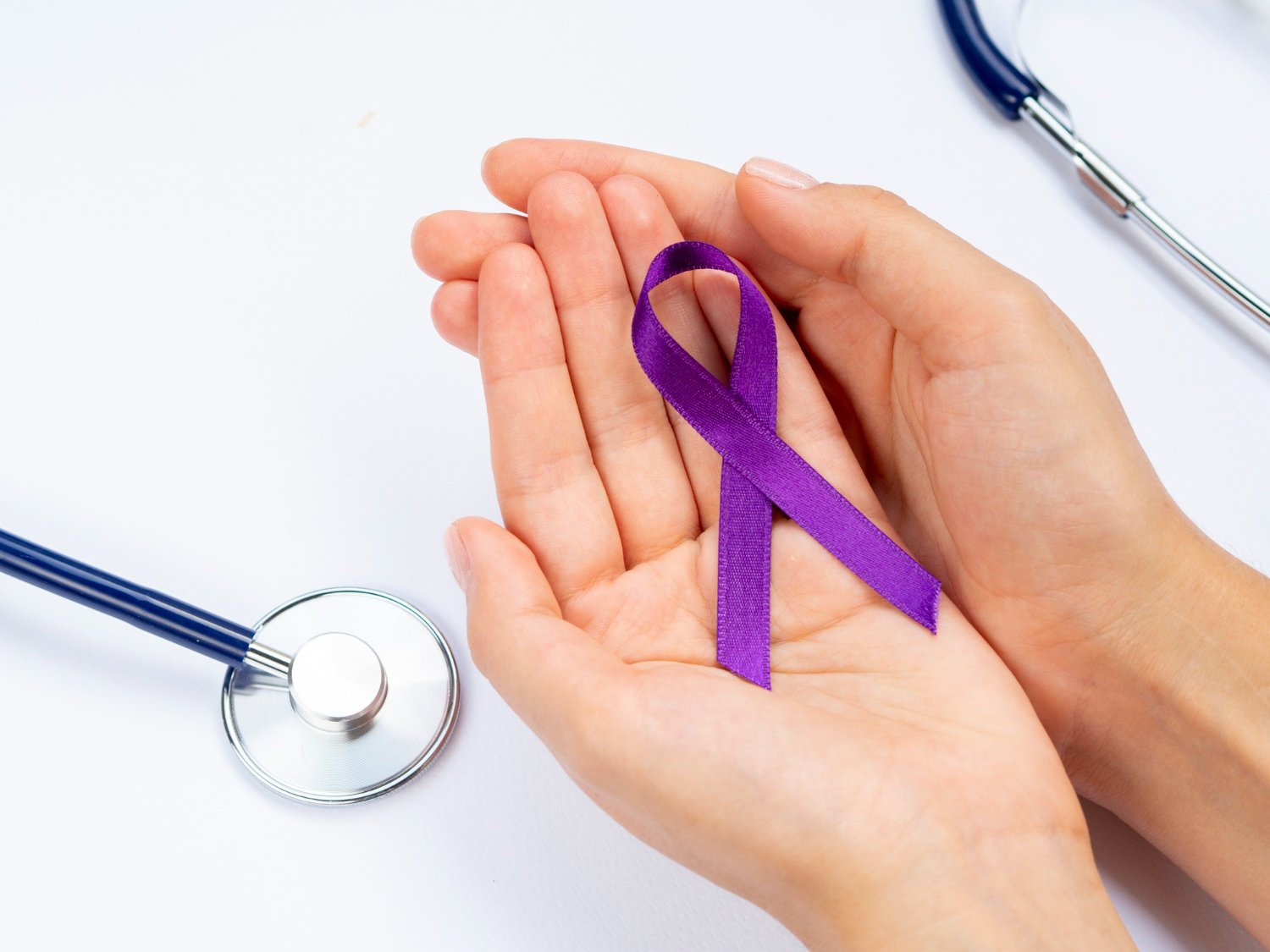
Other Treatment Services include a holistic approach to women's reproductive health, addressing a wide range of concerns. From early cancer detection to managing hormonal imbalances and treating vaginal conditions, Dr. Swapnita provides personalized care tailored to specific needs.

